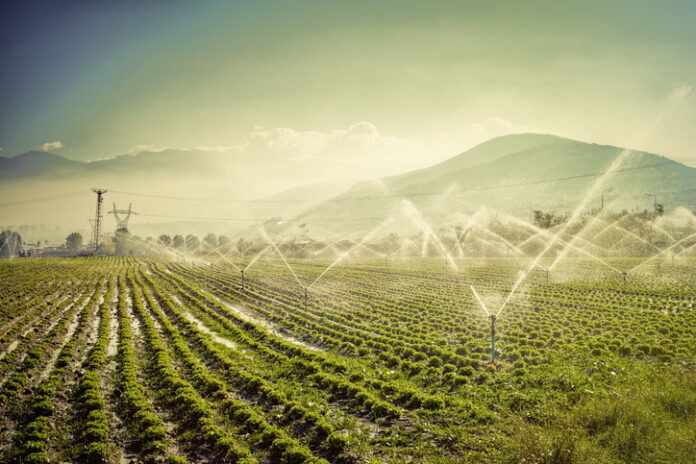With inflation soaring and gas prices out of control, American farmers are among those being hit the hardest.
“No group has been hurt more by skyrocketing gas prices than rural Americans, who drive 7,000 more miles and use 330 more gallons of gasoline than their urban counterparts each year,” The Daily Wire reports.
Agricultural expert Doug Wellsandt comes from a farming family spanning multiple generations. Wellsandt says the costs of farming are huge and farmers have been struggling to keep going in the face of rapidly increasing inflation since President Joe Biden took office.
“Many farmers worry because they don’t know how they are going to keep producing because of the cost of things,” Wellsandt said. “Inflation is hitting them hard. How do you go and buy a half a million [dollar] tractor, plus a mechanic, pay for diesel, and keep up with everything else?”
Farmers experienced additional logistical challenges this planting season because of a shortage of fertilizer and an inability to order chemicals because the suppliers cannot get lids for the jugs they are shipped and stored in, Brownfield Ag News reports. The manufacturers that provide the lids cannot get the plastic needed to make them. Plastic is made of petroleum, so the gasoline shortage makes plastic scarcer and more expensive.
“It’s getting to be quite a concern of how much more of this is going to affect us on being able to get our products timewise,” Indiana famer Mark Seib told Brownfield Ag News. “It’s starting to show up in rural America pretty big.”
With the supply of produce being squeezed by the rise of input costs due to inflation, supply chain disruption, and labor shortages, the reduction in agricultural output combined with overall monetary inflation will make food prices for consumers rise even faster, Heartland Daily News reports. University of Missouri agricultural economist Scott Brown told Brownfield Ag News consumer demand remains strong at this point, so he expects the price increases to escalate further.
“We are likely to continue to get higher prices going forward for consumers,” Brown says. “Not lower.”
As agricultural input prices rise, farmers can offset some of the additional cost through price increases, though that makes things tougher for consumers. In addition, shortages of some essential inputs pose even more significant, long-term concerns for farmers, Wellsandt says.
“The biggest issues for farmers are water and labor,” Wellsandt said. “Labor is an issue everywhere but even more here [in Washington] because of the overtime law. The overtime law has just about killed farming.”
Farmers were already struggling with a high minimum wage when the state of Washington led the way in eliminating the exemption for overtime pay for farm laborers.
In November 2020, the Washington State Supreme Court ruled the exemption for farmworkers was unconstitutional, forcing farmers to pay workers overtime rates during the labor-intensive periods when much of the year’s farm work is done. That raises labor costs substantially.
Some Washington dairy farms were already paying $18 to $20 per hour. Overtime brought those wages to $27 to $30. With such a steep increase in labor expense, Washington farmers were forced to reduce production or find ways to automate, which has costs of its own.
For some types of produce, automation is not an option at this point. Farmers have no choice but to find workers and pay them the higher wages, Wellsandt says.
“It’s hard to find workers due to the intensity of the physical labor required for produce that must be harvested manually,” Wellsandt said.
“It’s not an easy job, but it’s the way things have to be done if you want food,” Wellsandt said. “It’s not like you can just throw out the potato and it grows. Cows don’t milk themselves.”












[…] post Farmers Struggle with Inflation, Government Regulations. Food Shortages Next? appeared first on Heartland Daily […]